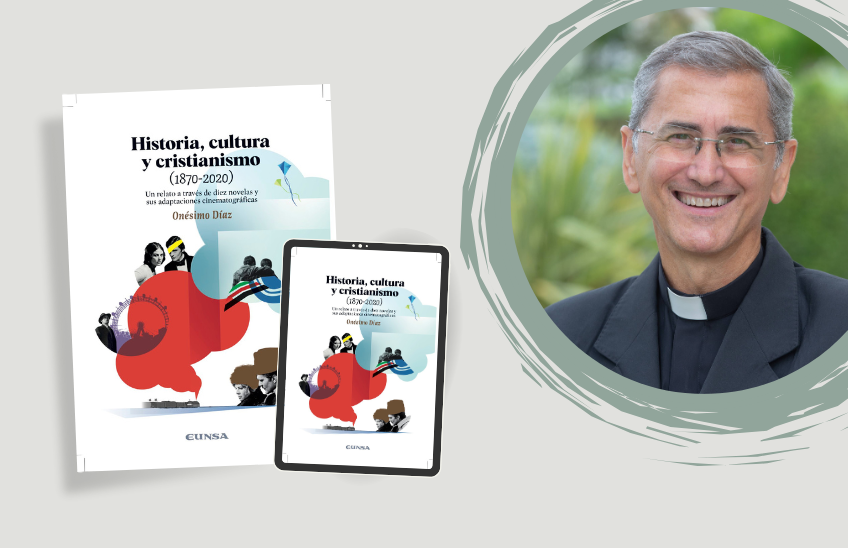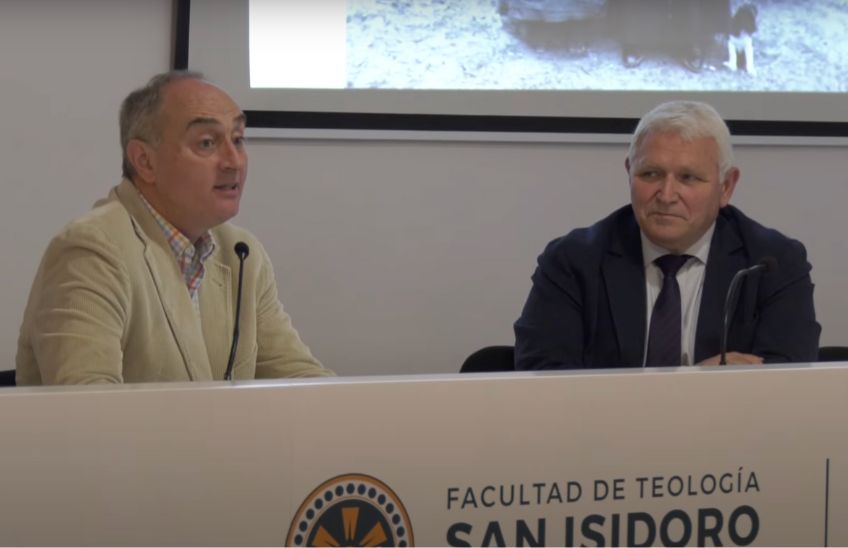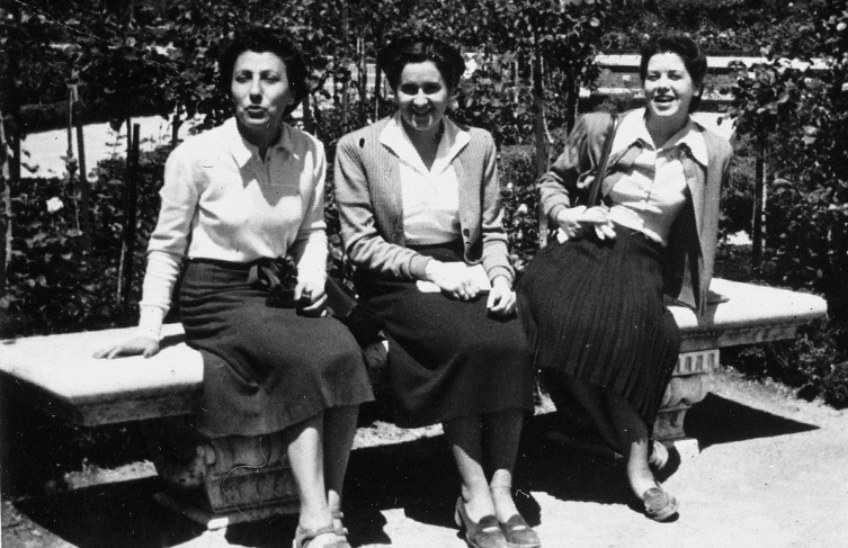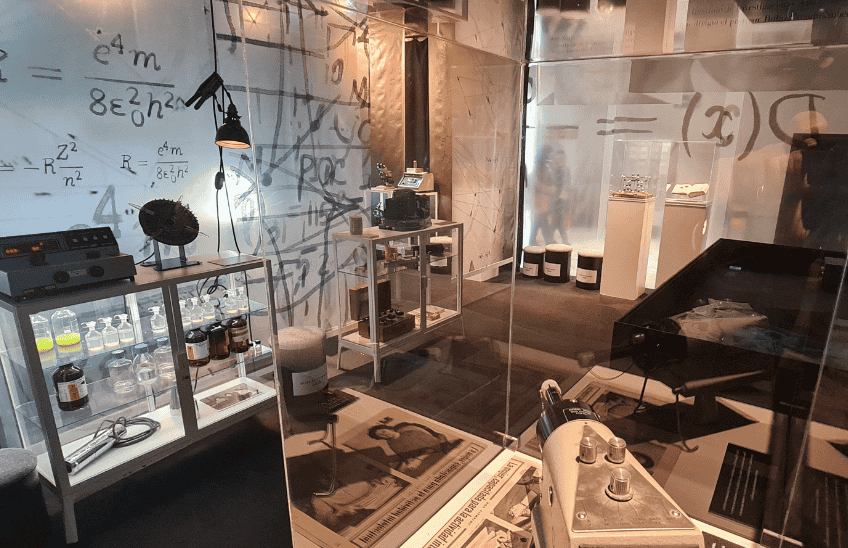Vicente Rodríguez Casado and the expansion of Opus Dei in Peru
Manuel de la Puente describes the role of the historian Rodriguez Casado in the process of expansion of the Work in Peru. He explains the links and friendships he maintained with Peruvian academics from the Catholic University and high school Riva-Agüero, which were essential for the arrival of Opus Dei in the country in 1953.
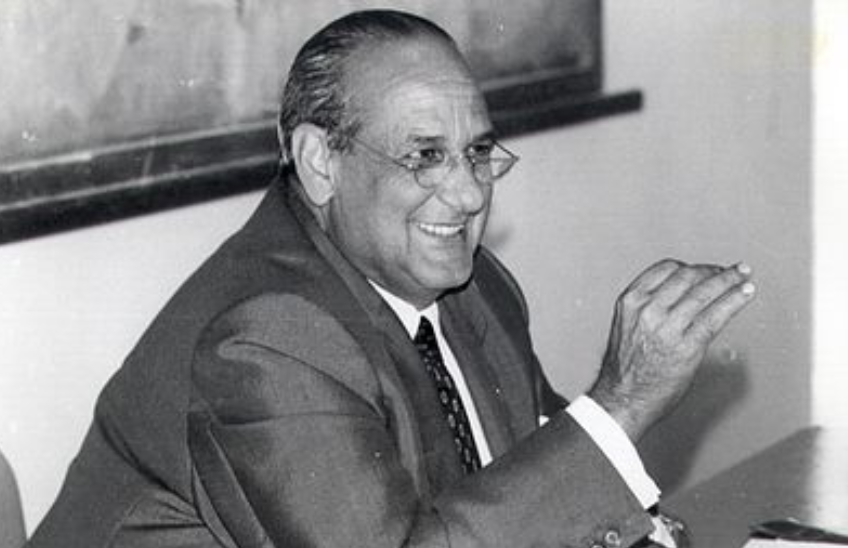
04 | 05 | 2023
This year marks the 70th anniversary of the arrival of Opus Dei in Peru, and on the occasion of this anniversary, the Center at programs of study Josemaría Escrivá interviewed lawyer and priest Manuel de la Puente, whose recent research highlights the role of historian Vicente Rodríguez Casado in the process of expansion of the Work in that country.
His interest in the study of the figure of Rodríguez Casado has allowed him to reconstruct the links and friendships that he established with a group of Peruvian academic colleagues. According to de la Puente, these relationships, which began in the 1940s in Madrid and Seville, and were maintained until the end of his life in 1990, were "an important chapter in the preparations for the beginning of the stable work of Opus Dei in Peru".
Since 1948 Josemaría Escrivá had been interested in Opus Dei beginning its apostolates in the Americas. That year he sent an exploratorymission statement to position of Pedro Casciaro to determine in which countries they could begin. During their tour of different cities, Casciaro and his two companions spent a few days in Lima, where they made contact with Cardinal Guevara, Archbishop of Lima, and with some professors of the Catholic University and the University of San Marcos. However, as result of this exploratory trip, Escrivá decided to send some of the members of Opus Dei to the United States and Mexico, and a year later to Argentina, Chile and Colombia.
Manuel de la Puente affirms that "Peru was not included in the list of those countries in America where a stable work was beginning to be carried out at that time. The reasons may be diverse, but there is one thing that is consistent: in those countries the bishops had expressed to Josemaría Escrivá their desire for the Work to be there. In Peru, on the other hand, there had not yet been any order".
Historian and promoter of academic initiatives
Vicente Rodríguez Casado was born in Ceuta in 1918. A few months later his family moved to Madrid due to his father's professional reasons. There he spent his childhood and, later on, he studied the high school diploma at high school El Pilar. In the 1934-1935 academic year he enrolled in the School of Philosophy and Letters at the Central University (now Complutense) and in a law academy.
During his first year as a university student, Rodríguez Casado met the founder of Opus Dei, Josemaría Escrivá, at the Academia-residency program DYA, located at 50 Ferraz Street. There he gave cultural and spiritual training to young university students. At the beginning of 1936 he applied to Admissions Office as a numerary, but the outcome of the Spanish Civil War meant that the following years were of great uncertainty for Vicente Rodríguez Casado.
For political reasons he had to take refuge with his father in the Norwegian Legation. He stayed there for almost two years, during which time he studied and learned languages that would later be very useful to him. During that time he exchanged correspondence with other members of the Work and Isidoro Zorzano, who thanks to his Argentine citizenship had a certain freedom of movement during the war, visited him regularly.
In July 1938 Rodríguez Casado left the legation and enlisted with a false identity in the Republican Army. The same operation was carried out by Álvaro del Portillo and Eduardo Alastrué with the goal to cross the war front and move to the other zone. This internship was relatively common on both sides and the motives were varied. After several attempts and a journey full of dangers, the three of them managed to cross to the nationalist side and, shortly afterwards, to meet with the founder of Opus Dei and other members.
After the end of the civil war Rodríguez Casado made great leaps in his professional degree program . At that time the new government wanted to create a new university that would erase the effects of the republican Education and form the elites of a new Catholic intellectuality. In the following years Rodríguez Casado worked on his doctoral thesis under the direction of Antonio Ballestero Beretta, who was director of the high school Gonzalo Fernández de Oviedo of the CSIC and the Revista de Indias. In 1942 he obtained a Chair in Modern and Contemporary History at the University of Seville. His academic work in that university -explains de la Puente- allowed him to generate "what his biographers have called the Americanist initiatives. In fact, he became a promoter of academic initiatives and a researcher on topics that linked him with other Peruvian historians".
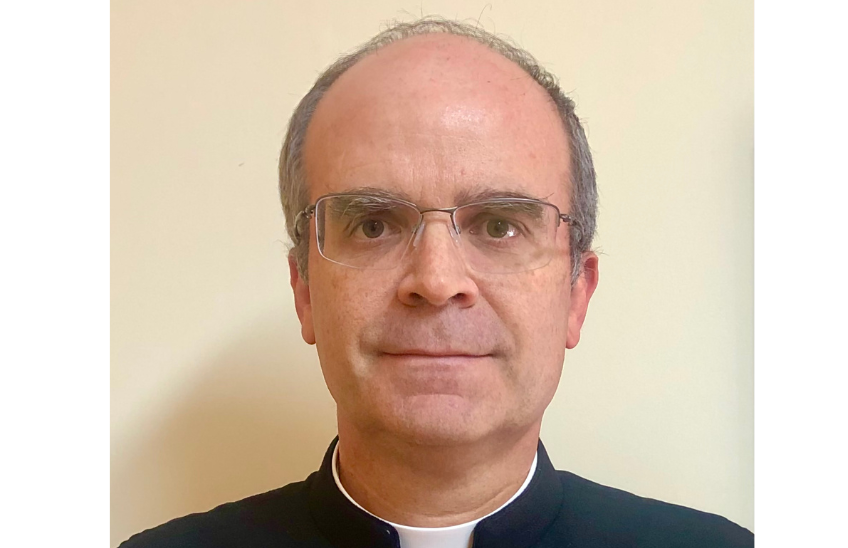
Manuel de la Puente, priest and lawyer.
The arrival of Opus Dei in Peru
De la Puente understands that unlike what had happened in other American countries in which the ecclesiastical authorities requested financial aid from the founder of Opus Dei for their dioceses, in Peru "the hierarchy was not directly involved in these initial steps and the initiative came from a group of lay people". These were a handful of professors of the Catholic University and researchers of high school Riva-Agüero who, since 1948, moved by the concern that the Peruvian youth should have access to a Christian training , had constituted, in Lima, a board of trustees for promote a residency program of students.
The promoters of the initiative were José Agustín de la Puente, who contributed the capital, Enrique Torres Llosa, Víctor Andrés Belaunde and Felipe MacGregor. Manuel de la Puente states that "their intention was to replicate the colegios mayores they had known in their trips to Spain, which were Catholic-inspired and confessional in style".
However, according to Manuel de la Puente, "this project did not succeed; and after the contact that José Agustín de la Puente and the other professors had with Vicente Rodríguez Casado, they decided to dissolve the board of trustees and give Opus Dei the patrimony they had so that they could open a residency program in Peru, no longer a confessional subject but in the style of the apostolic work of the Work.
Rodriguez Casado transmitted his concern to Josemaría Escrivá in Rome. The latter advised him before signing any commitment "to speak with the Cardinal of Lima and to do things with him at agreement ".
In November 1952, Vicente Rodriguez Casado traveled to Lima invited by the University of San Marcos to give some conferences. Taking advantage of his trip, he met with Enrique Torres Llosa and José Agustín de la Puente to concretize the offers they had made and to help the arrival of the Work in Peru.
Before signing the agreement and following the founder's committee , José Agustín de la Puente contacted his friend Rodríguez Casado with the Cardinal of Lima who expressed his approval. In this way Opus Dei had two important aspects for the beginnings in the new country: a group of professors willing to collaborate and the approval of the Cardinal. Subsequently, José Agustín de la Puente and Enrique Torres Llosa signed before a notary public a agreement by which they handed over the capital of board of trustees to Opus Dei, represented by Rodríguez Casado. Most of this capital consisted of a plot of land to be sold, and with this money it was hoped to be able to acquire a house to install a residency program.
Finally, in July 1953, priest Manuel Botas and Vicente Rodríguez Casado landed at the Lima airport. Agustín de la Puente and other young intellectuals, among them Armando Zubizarreta, Luis Jaime Cisneros and Armando Nieto, were waiting for them. Their arrival marked the beginning of Opus Dei in Peru. A month and a half later Vicente Rodriguez Casado returned to Seville to continue his work at the university. He did not return to Peru until 1974 when he began to collaborate as Visiting Professor at the University of Piura.
In this way, the participation of Rodríguez Casado had a crucial importance in the beginning of Opus Dei in Peru. De la Puente stresses that the particular and interesting thing about the Peruvian case was that "the arrival of Opus Dei was the result of a coincidence. On the one hand, there was the desire of Vicente Rodriguez Casado to extend the Work where he was and, on the other hand, there were the concerns of the young professors of the Catholic University to contribute in some way to the Christian Education of the youth". Rodríguez Casado was able to materialize these ideas thanks to his skill to relate with people, his prestige in his professional field and his Christian vision of life.

